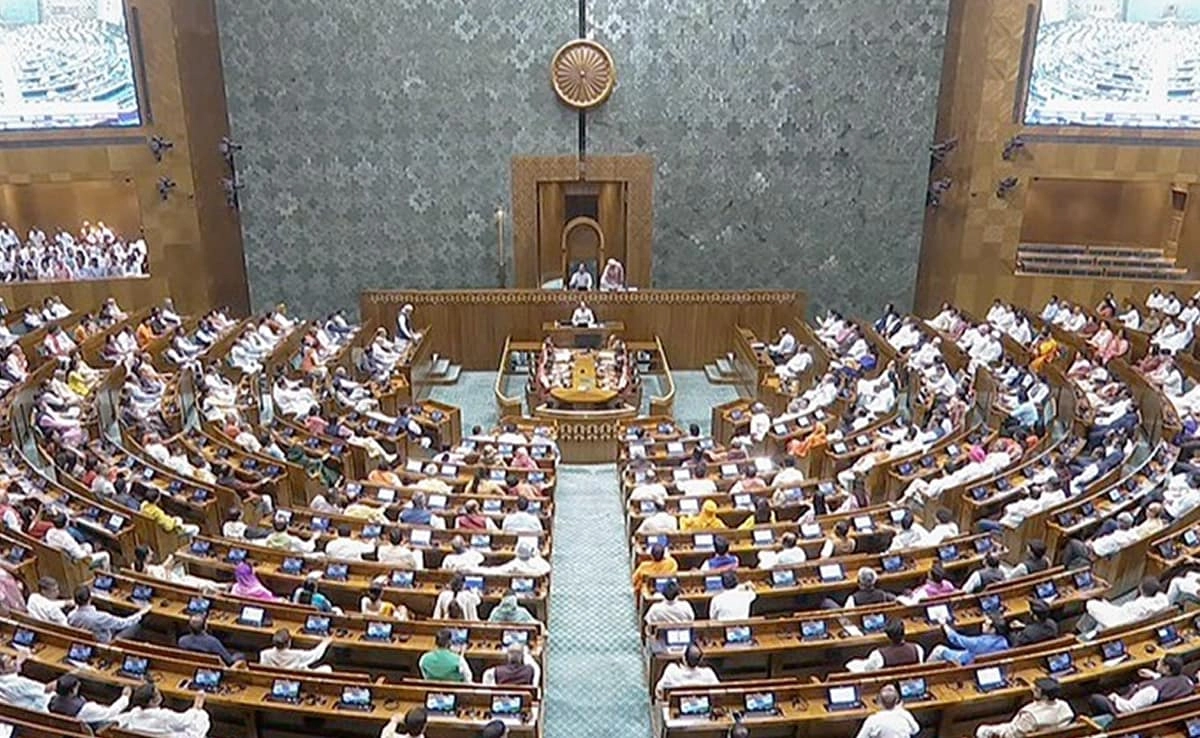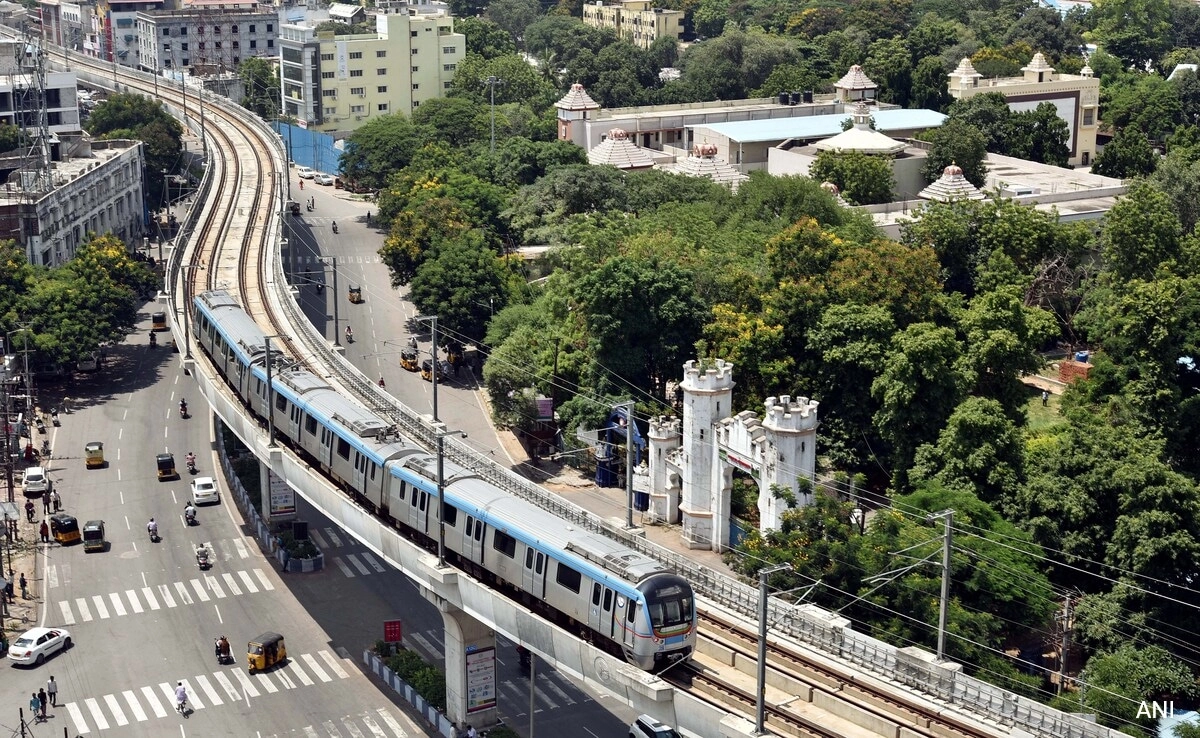Between 2018 and 2022, a staggering total of 8,947 cases were filed under the Unlawful Activities (Prevention) Act (UAPA) in India, according to recent data released by the government. This law, enacted to combat terrorism and other unlawful activities, has been a focal point in the discussions surrounding legal frameworks addressing national security. The sheer volume of cases indicates a significant uptick in the government’s efforts to tackle perceived threats, but it also raises critical questions about the implications for civil liberties and the judicial process in the country.
Interestingly, out of these thousands of cases, only two were reportedly scrapped. This statistic has sparked considerable debate among legal experts, human rights advocates, and the general public. The low number of dismissals suggests a high rate of conviction or an overwhelming confidence in the evidence presented in these cases. However, it also raises concerns about the potential for misuse of the UAPA, particularly given the law’s controversial provisions that allow for detention without charge and limited avenues for bail. Critics argue that such measures can lead to wrongful accusations and the stifling of dissent, thereby undermining democratic values.
The UAPA has been criticized for its broad definitions and the ease with which it can be applied to various situations, often leading to allegations of its misuse against activists, dissenters, and marginalized communities. The implications of these statistics are profound, suggesting a legal landscape where the balance between national security and individual rights is increasingly precarious. As the government continues to invoke the UAPA in response to various forms of unrest and dissent, the call for a re-evaluation of this law grows louder among civil rights organizations, who advocate for reforms that would safeguard personal liberties while still addressing genuine security concerns.
In light of these developments, it becomes essential to foster a dialogue around the UAPA and its application. Policymakers, legal experts, and civil society must engage in discussions that examine the effectiveness of this law, its impact on society, and the potential need for amendments that could prevent abuse while still ensuring the safety and security of citizens. As India grapples with its complex socio-political landscape, the balance between maintaining law and order and protecting individual rights remains a critical challenge that deserves ongoing scrutiny and thoughtful consideration.




